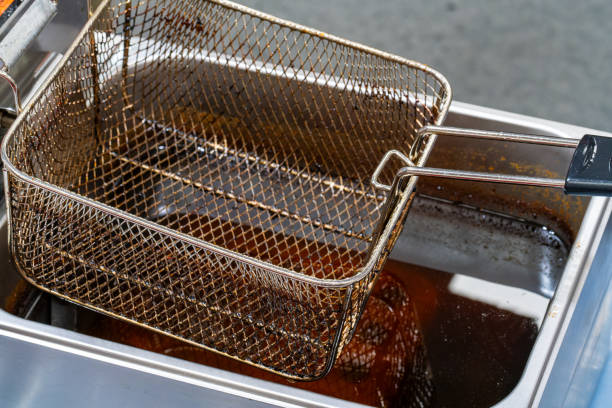Kenyans may have been exposed to substandard cooking oil after the Kenya Bureau of Standards (KEBS) flagged around 32 million litres of oil currently being sold across the country disguised as local brands.

In a recent disclosure, KEBS Managing Director Esther Ngari, while addressing parliamentarians, revealed that the cooking oil—imported by the government last year—did not undergo proper authentication by the standards agency before being released into the market.
Highlights:
- 32 million litres of flagged cooking oil sold in Kenyan markets under local brand names.
- KEBS revealed that the oil, imported from Indonesia, Malaysia, and Egypt, failed essential quality checks.
- The cooking oil lacks sufficient Vitamin A, raising potential health risks.
Substandard cooking oil on shelves
The oil, part of a 53 million-litre consignment imported between May and August 2023 from Indonesia, Malaysia, and Egypt, failed to meet the minimum quality standards set by KEBS. Of the 73 containers brought into the country, KEBS reported that 44 failed their tests. Specifically, the oil lacked adequate levels of Vitamin A, a critical nutrient for human health.

“We tested about eight consignments, and the results indicated failure,” Ngari stated while addressing the parliamentary committee. “As far as KEBS is concerned, these consignments were rejected, and KNTC (Kenya National Trading Corporation) was instructed not to sell them.”
Vitamin A deficiency can result in serious health problems, including eye disorders, stunted growth in children, and skin issues. This revelation has raised significant concerns, as it means millions of Kenyans may have unknowingly consumed the deficient cooking oil.
KEBS Unable to Prevent Market Entry
Despite KEBS’ efforts to flag the substandard cooking oil, the shipment still found its way onto supermarket shelves. Ngari explained that the agency was unable to stop the oil from entering the market because the importers presented valid certificates from the manufacturers. The certificates falsely claimed that the oil met the necessary nutritional and quality standards.
“If goods arrive with certificates of conformity, they normally get into the country. We do not do retests,” Ngari told the committee. She admitted that the flagged consignments were not destroyed after 30 days, as the oil was still under investigation at the time.
Several local companies have reportedly purchased the flagged cooking oil for retail sale. This has sparked widespread concern about the safety of food products available in Kenyan markets, especially with the oil lacking essential nutrients that are legally required.
Background on KEBS and Food Standards
The Kenya Bureau of Standards (KEBS) is responsible for ensuring that all goods entering the country meet specific health and safety requirements. However, this is not the first time KEBS has faced criticism for lapses in its oversight. The agency has been scrutinised in the past for allowing substandard or harmful goods to enter the market, raising questions about its enforcement mechanisms.
This latest scandal involving cooking oil underscores the need for stricter regulation and post-market surveillance of imported food products to protect consumers. With millions of Kenyans potentially exposed to this substandard product, pressure is mounting on KEBS and other regulatory bodies to tighten oversight and hold suppliers accountable.
Related Stories:
